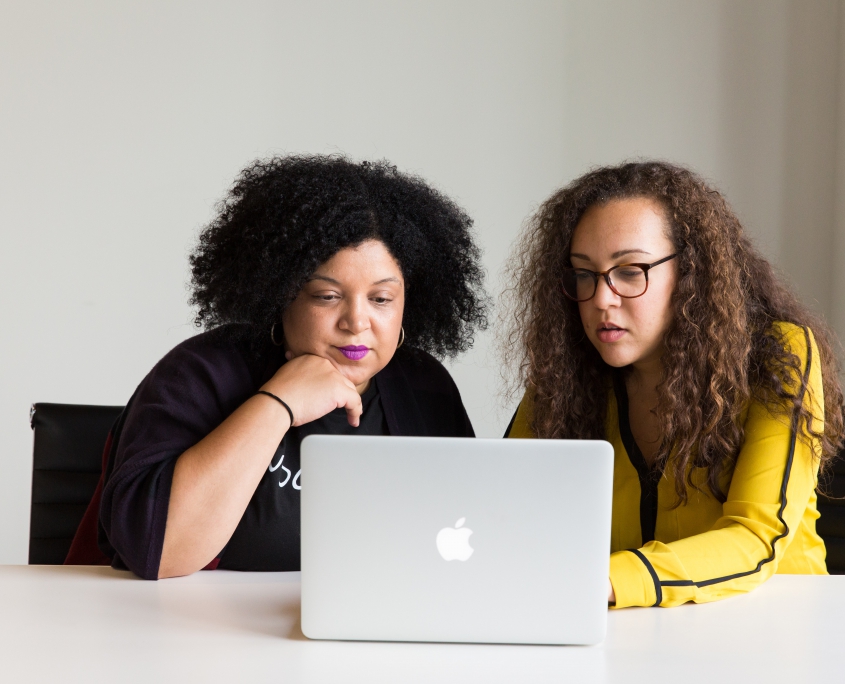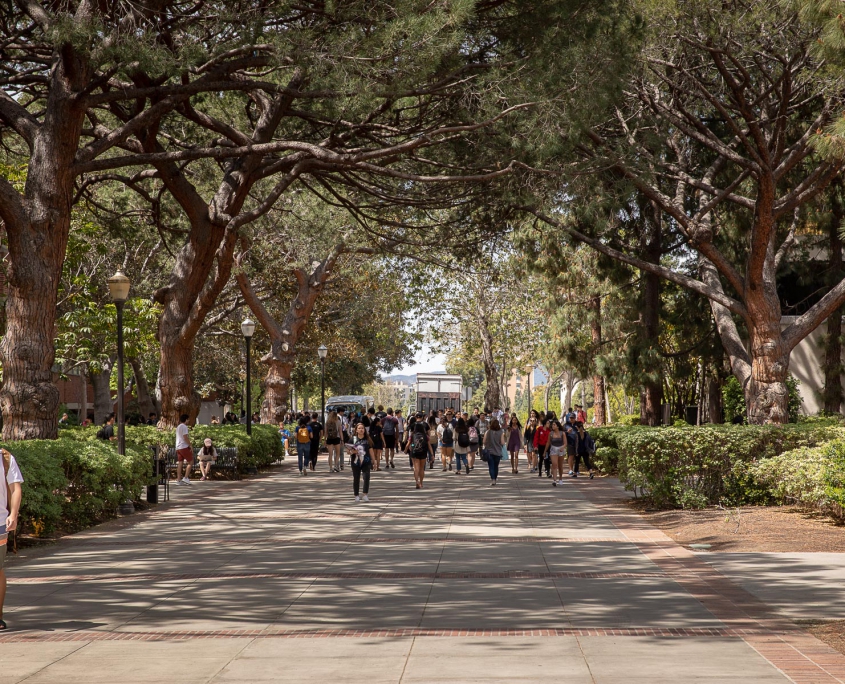PAROSL
Navigation
PEER-ASSISTED REFLECTIONS ON STUDENT LEARNING
EPIC is now supporting an on-going campus-wide initiative from CRESST called the Peer-Assisted Reflections on Student Learning or PAROSL. This UCLA program supports faculty who are interested in (i) incorporating more student-centered, inclusive practices into their teaching and (ii) building their professional teaching portfolios.
PAROSL is different from many peer observation processes in that it is non-evaluative. It is designed to foster collaboration, reflection, and innovation, not to judge an instructor’s practice. Participants receive training in how to conduct a non-evaluative observation and how to support a colleague in authentic reflection about student learning.
Faculty pairs complete their PAROSL cycle over the course of a quarter, meeting several times to observe each other’s lessons, discuss student learning, and develop an instructor-selected pedagogical innovation that is tailored to the course and the instructor’s goals. Each pair works with a dedicated PAROSL facilitator who trains participants, attends meetings, and answers any questions participants have during the process. Upon completion of their PAROSL cycles, faculty summarize their experience, including the innovation they implemented, in a “teaching innovation narrative.” This document is suitable for inclusion in a professional teaching dossier (if the instructor chooses), as is the official certificate of completion awarded at the conclusion of the program
Peer-Assisted Reflections on Student Learning or “PAROSL” is a research-based, UCLA program that supports faculty who are interested in (1) incorporating more student-centered, inclusive practices into their teaching and (2) building their professional teaching portfolios.
PAROSL is different from many peer observation processes in that it is non-evaluative. It is designed to foster collaboration, reflection, and innovation, not to judge an instructor’s practice. Participants receive training in how to conduct a non-evaluative observation and how to support a colleague in authentic reflection about student learning.
What are faculty saying about the benefits of participating in PAROSL?
“Hearing what [my partner] observed about my pedagogical practices and how it influenced student learning has made me a more aware educator. While participating in PAROSL I learned a great deal from observing [my partner’s] course, but I also learned how to observe my own teaching practice.” – Fall 2022 Participant
Visit the testimonials tab at the top of this page for more reflections from faculty and sample teaching innovations supported by PAROSL.
What are other benefits of participating?
While PAROSL is non-evaluative by design, the program is aligned with recognized components of UCLA’s appointment and promotion processes: evidence of “development of new and effective techniques of instruction, including techniques that meet the needs of students from groups that are underrepresented in the field of instruction” (see APM 210). Upon completion of the program, participants are also eligible to apply for up to $1,000 in funding to support further teaching-related professional development (see our FAQ for more details).
Ready to get involved?
PAROSL cohorts operate in fall and spring quarters each year. Apply using the button at the top of the page. If our current application window is closed, sign up for CAT’s faculty newsletter to be notified of upcoming opportunities.
Questions? Contact PAROSL Program Director Dr. Beth Goodhue and Program Manager Michelle Chen by emailing parosl@teaching.ucla.edu.




